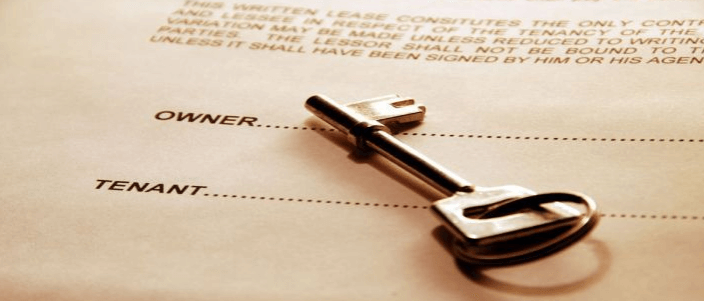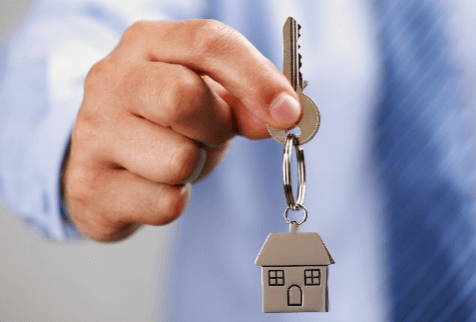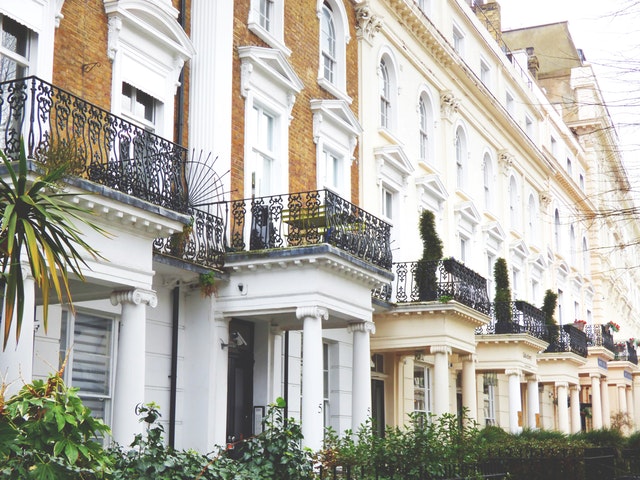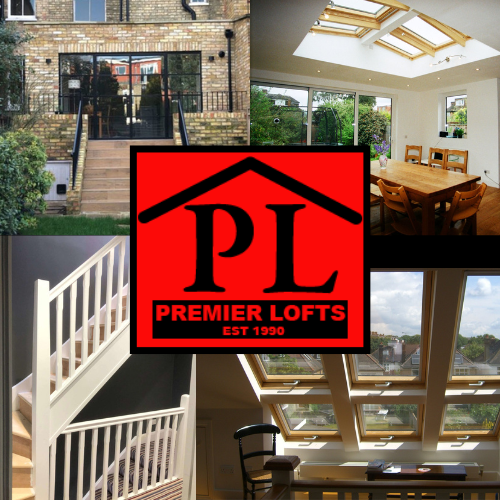Having a leasehold property is becoming increasingly commonplace across the country, however, for many what it exactly means to own one is steeped in uncertainty. So that you are better equipped in the future when considering buying a leasehold property, we have put together this guide looking at the most frequently asked questions regarding them.
What is a leasehold?
To clarify, a leasehold is one of the most popular ways of owning a flat, apartment or a maisonette across England and Wales. The other possible purchase option for you is a freehold property. The fundamental difference between the two is that a freehold means you own the building outright, whilst a leasehold property means that you have ownership of the right to occupy it for the length of the stated lease. Depending on when the lease was first created, this can be anything from 99 to 999 years in total.
What is ‘ground rent’?
If you are leaseholder, then each year you will need to pay what is known as ground rent to your landlord. Depending on the individual circumstances, this can vary substantially in cost. It could be as little as £10 per year, all the way up to £200 annually. For some leaseholds, the ground rent can increase over a short period of time. Ground rent is something you can not navigate around if you buy a leasehold, but it is worth consulting your solicitor early on in the process of buying to ask how much it is, as well as any potential consequences of a rise in ground rent, and how likely that is to occur.
Will I need to pay service charges for a leasehold?
Service charges for a leasehold refer to the costs you will need to pay for the maintenance of your flat, apartment or maisonette. These charges will be applicable if you have a leasehold. You will typically pay these charges on an annual basis and in advance.

The exact amount you will pay for service charges will be dependent on factors such as the condition of the building and its age. It is well worth asking your landlord before buying about the typical cost of previous service charges, and if major renovation plans such as external painting are intended in the near future.
How is the block maintained if purchasing a leasehold flat?
When you purchase a leasehold flat, you automatically become a leaseholder, which in the contract sets our your rights and obligations. The freeholder (your landlord) will be responsible for internal and external maintenance of the block. Usually, the freeholder uses the services of managing agents who look after building maintenance, with the cost of this passed onto you as the leaseholder through a service charge.
What fees are there if I buy a leasehold flat in a retirement development?
You could have to pay for additional services and facilities for a retirement development leasehold, such as a warden or a 24-hour emergency call system. These could be integrated into the service charge.
What are event fees?
If you are looking to buy a leasehold flat in a retirement complex, then expect event fees. These are payments which you as a leaseholder make to the landlord when the flat is sold on or if it is sub-let. The amount will usually be calculated on either the rent when it is sub-let, or the sale price.
In terms of how the event fees are used, it is used for a myriad of reasons. It could be used to help reduce large increases in the service charges by helping with maintenance costs. Whilst in other cases, it is used to provide income to the freeholder and not used for building services. Always check with your solicitor first as to whether there will be event fees, what they are used for and when they are going to arise.
How do I check a leasehold building’s fire risk assessment?
If you are looking to buy a leasehold flat, make sure you have obtained a copy of it’s fire risk assessment prior to buying. It is a legal requirement for all blocks of flats in England and Wales to have a regular, fire safety risk assessment carried out. This covers things such as the likelihood of a fire starting, what would happen if a fire started, as well as how you can minimise the risk of it starting.
Is it possible to make alterations to a leasehold flat?
If you want to modernise a house that is a leasehold
Can I sub-let a leasehold flat?
Again, make sure you check with your landlord and or managing agent of the building.

Not all leases allow you to sub-let the property, whereas others simply require consent. Always make sure prior to buying you have checked the conditions for sub-letting.
Is there an expiry date for a leasehold?
Yes, as with any other kind of tenancy there is both a start and finish date. You should make sure you know how long is left on it prior to buying because the shorter it is, the harder it will be for you to sell later on. You can get this information from your estate agent, conveyancer or a
In terms of your rights as a leaseholder, you can extend the lease of the flat after two years of ownership. However, you will need to pay the freeholder this amount, and depending on how long the lease itself is, it could be a high cost.


